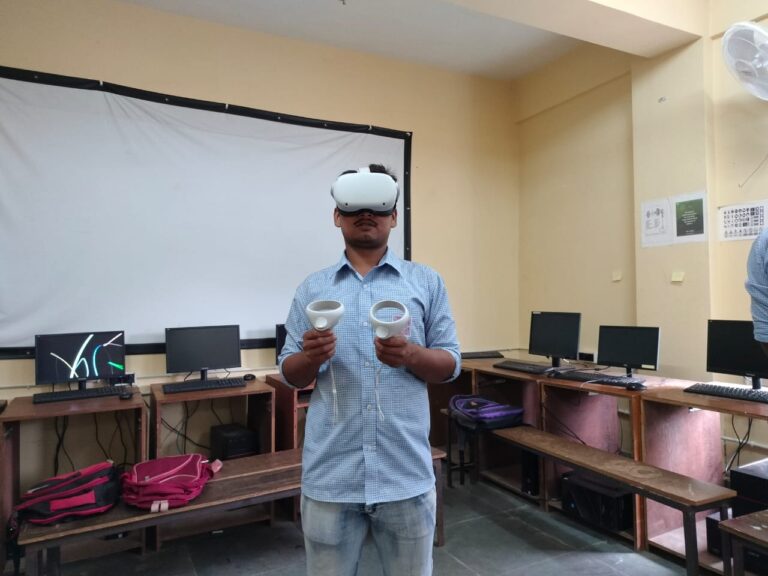
The Metaverse Explained: The term “metaverse” has been thrown around a lot lately, but what is it exactly? In short, the metaverse is a hypothetical iteration of the Internet consisting of a 3D virtual world that users can explore and interact with.
Features of the metaverse
The metaverse is still in its early stages of development, but it is expected to have a number of features, including:
- Immersive: Users will be able to feel like they are physically present in the metaverse, thanks to virtual reality (VR) and augmented reality (AR) technology.
- Persistent: The metaverse will be a persistent world, meaning that it will continue to exist even when users are not logged in.
- Decentralized: The metaverse will not be controlled by any one company or government.
- Interconnected: Users will be able to move between different metaverse platforms seamlessly.
Examples of the metaverse
There are a number of metaverse platforms that are already in development, including:
- Horizon Worlds: This platform from Meta (formerly Facebook) allows users to create and explore virtual worlds.
- Roblox: This platform is popular with children and allows users to play games and create their own experiences.
- Decentraland: This platform is based on the blockchain, and users can buy and sell land and other virtual assets.
Benefits of the metaverse
The metaverse has the potential to revolutionize the way we interact with the internet. Some of the potential benefits of the metaverse include:
- Enhanced communication: The metaverse could make it easier for people to communicate and collaborate with each other, regardless of their physical location.
- New forms of entertainment: The metaverse could provide new and immersive forms of entertainment, such as virtual concerts and sporting events.
- Economic opportunities: The metaverse could create new economic opportunities, such as jobs in virtual world development and design.
Challenges of the metaverse
Despite the potential benefits, there are also a number of challenges that the metaverse will need to overcome in order to be successful. These challenges include:
- Technical: Creating a truly immersive and persistent metaverse will require significant advances in hardware and software technology.
- User adoption: Convincing people to spend time in the metaverse will be a challenge, especially if the experiences are not compelling enough.
- Regulation: The metaverse will need to be carefully regulated in order to protect users from harm.
The future of the metaverse
The metaverse is still a long way from being fully realized, but it has the potential to change the world in a profound way. It is important to start thinking about the metaverse now so that we can ensure that it is developed in a way that is beneficial to everyone.
In addition to the challenges listed above, the metaverse will also need to address issues of privacy, security, and accessibility. It is important to ensure that the metaverse is a safe and inclusive space for everyone.